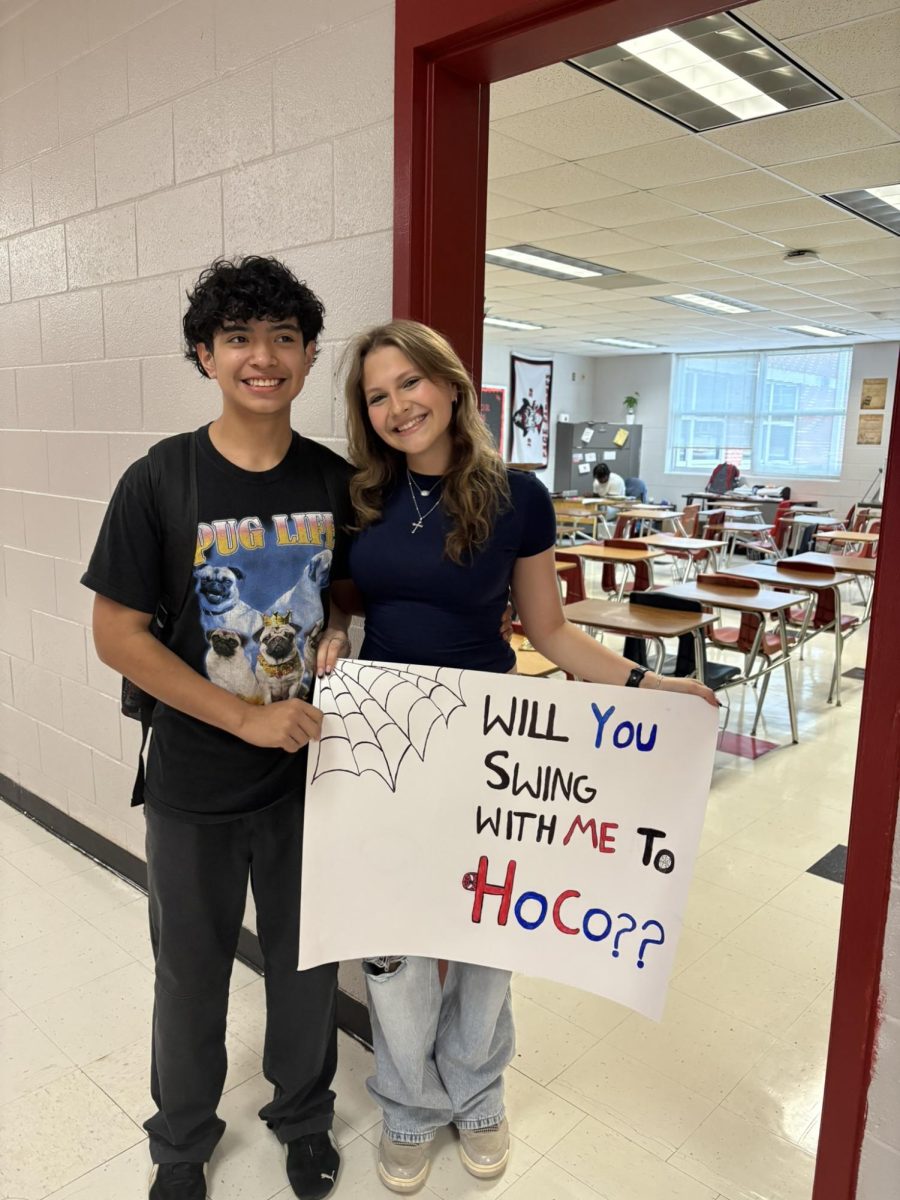The major difference between high school and college is the lack of freedom and the significant increase in responsibilities and independence you gain once you reach 18 (and possibly even sooner). When you are a high school student, you are expected to come to school each and every single day, regardless of the circumstances you may be going through. You wake up bright and early 5 days a week for 7 classes of work. Some students also juggle a job, yet the pressure is on to get good grades. The truth is that real life is not actually like this. Once you finish those miserable 4 years, you are a free adult. It’s quite scary actually. It’s important to remember both the pros and cons of growing up. Let’s compare:
TIME: In college, you may have 3 classes a day- or 2, or 6, etc. The main difference is the time you receive in between classes. In high school, you have 5 minutes or less to arrive at your next class. In college, you may have hours in between classes. In this time period, you can meet up with friends, get grocery shopping done, go to the school library, study, etc. Students have a lot more freedom to come and go as they please- but this does come with responsibility.
EXPECTATIONS: In high school, many students can trust and lean on parents and teachers to remind them of their responsibilities. College professors can guide students as well, but they are expected to balance their schoolwork with their own priorities. When we are young, it can be difficult to navigate the world. This is the sole reason why teachers are there not only to educate, but to provide direction in hopes that students will gain more knowledge on their own.
TRACKING GRADES: If a student cares enough to apply for and get into college, it’s safe to assume they care about their grades- so this may seem like a no-brainer. Many students that crave academic validation will constantly check their grades to make sure they aren’t failing any classes. In college, you are predicted to check them yourself. So instead of hiding grades from your parents like in high school, you will simply be depriving yourself of a good education. It’s important for college students to hold themselves accountable when it comes to their grades.
PRIVILEGE: College is a privilege and not a right, unlike public school where it is a given for students to be there regardless of their background. Education itself is a right- however, this comes at a cost when you enter college. Either it’s your own debt, your parents’, or you’re relying on scholarships or financial aid- either way, college is not free. You will only waste your own time and money if you choose not to take your college education seriously. You will not be allowed to set foot on campus if you make stupid decisions that can harm your future. Rarely (if ever) does it happen in college, but fights are definitely quite common in public schools. This will not be as common in college, and it can make students feel safer and more content in their educational environment.
SCHEDULES: By far the best part about college is the wide variety of options students can choose from when it comes to their schedule. You can select what classes you want to take depending on your major and desired workload. This ties back into the section about time management. You will most likely have a few classes in a day, but the big difference is the longer class periods and tough course material. Of course, this will all depend on your major. However, it will still be more difficult considering students are expected to work outside of the classroom just as much as in the classroom.
INTERVIEW WITH A COLLEGE STUDENT:
Advice
“If you just socialize and get good grades, then you are treating college like an extension of high school instead of a predecessor to a career. Focus on getting work, intern, and volunteer experience and making sure you understand the content in your classes. Take public speaking and every opportunity to meet professionals in your field.”
What is the best part of college?
“All the fun different work opportunities you will have- not just on campus, but internships that are only available to students at your school and career fairs. There are also student discounts, including money that you can get off your laptop and event discounts such as informational talks for free.”
How long did it take to get a job after college?
“I had a job secured the month that I graduated, but I didn’t start it until two months later. It depends on your major. You should never pursue a field that is flooded.”
What advice would you give to your high school self?
“Just do it. Whatever it is you need to do, just do it and quit procrastinating.”










